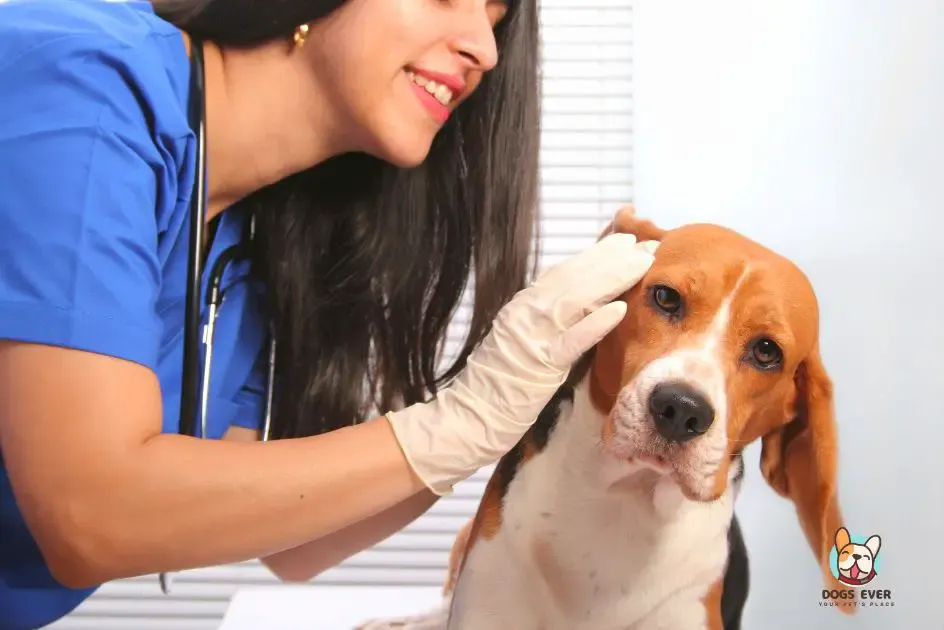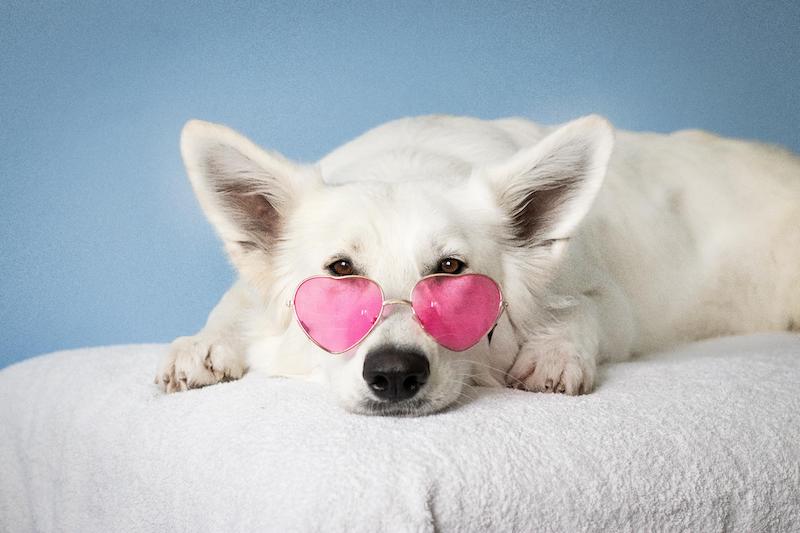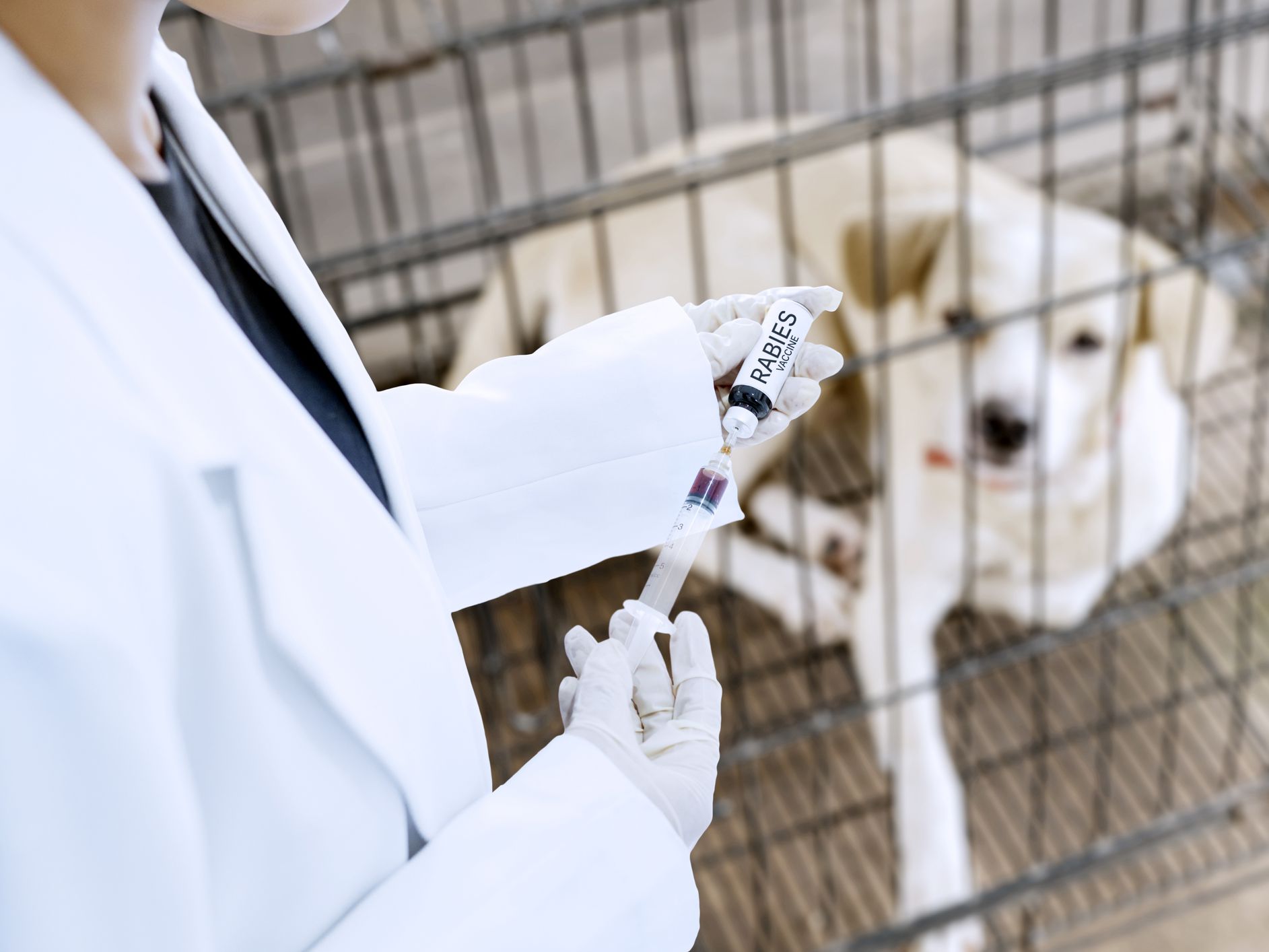· Health · 4 min read
Dog Ear Infection: Signs and Treatments

Ear infections can be horrible and lead to severe headaches and teary eyes for your pet buddy. And being a pet parent, it becomes more vital for you to know various signs and symptoms if your fur buddy suffers from any.
Your companion can act differently sometimes. So, you need to know the actual concern. Therefore, to keep emergencies at bay and ensure your pet doesn’t suffer suddenly, ear drops for your dogs’ itchy ears should always be kept handy.
Ear infections are prevalent problems in dogs due to the shape of their ears, especially in Cocker Spaniels, Basset Hounds, Poodles, Labrador Retrievers, Golden Retrievers, Shar-Peis, and Springer Spaniels.
Signs and Symptoms of Ear-Infection in Dogs

Some Common signs are:
- Swollen and red ears
- Liquid dark discharge from ears
- Foul smell from ears
- Excessive head shaking and scratching of ears
- Shirks your touch near ears and head
- Scabs
Factors Causing Ear- Infections in Dogs
The L-shaped ear canal in dogs holds much more fluid in it than in humans. It makes the dogs more vulnerable to ear infections. These commonly occur due to bacteria, yeast, etc. There can be other reasons for inflammation, too. Such as:
- Too much moisture in the ears makes a breeding ground for bacteria etc.
- Food allergies as 80 percent of dogs are allergic to different food items
- Environmental allergies that lead to ear infections in more than 50 percent of dogs
- ear mites
- foreign object in the ear
- ear wax
- other ear growths
- Immunity disorders
- Injury
- Excessive cleaning might have disrupted the protective layer of the skin.
What to know before visiting a vet?
It is crucial to take your beloved pet to the doctor as soon as you detect that they are in pain. You should have fine knowledge about your poochie, as the vet may need to know a few things before beginning the treatment. The things you ought to keep in mind are:
- The time from when you noticed the symptoms.
- Symptoms such as pain, discharge, or swelling should be noted.
- If any medication is going on
- Food that he is eating and his diet chart
- If you are cleaning your dog’s ears and how often
- If you have plucked or cut hair or something else from his ears
- Your dog’s history of infections and other treatments
- His recent grooming, swimming, and bathing details
- Any allergies
Waiting for the doctor’s intervention may make the situation worse. It may deteriorate the dog’s health. So there are some things you should be cautious about.
- Infection Spread – If you keep thinking for the infection to be cured itself, it may spread deeper inside till the eardrum. Your dog may even lose its sense of hearing.
- No Home Treatments- These can make the dog sicker. If a ruptured ear drum is given any random medication, it can be toxic. Only prescribed medicines should be used once your dog has been examined by the vet.
- Dog may be in severe pain- Dogs tend to hide their pain. Any delay in treatment can lead to severe pain.
Treatment

After gathering all the necessary information, your vet will examine your dog’s ears. It will include the following:
- Visual examination for swelling, redness, odor, and discharge
- Examining the eardrum and ear canal with an otoscope
- Easy palpation to judge the pain
- Lab testing of the samples
- X-rays in chronic cases
In most cases, the vet may gently clean the dog’s ears and recommend an ear cleanser to use at home at regular intervals. The normal infection may resolve in one or two days. But the severe one may take even a month to get resolved.
If these treatments fail, then the vet may even recommend surgery like Total Ear Canal Ablation (TECA). In this surgery, the ear canal is removed. It removes the diseased tissue and treats the dog for any recurrence of such infection.
Any lapse in the treatment may lead your dog to dangerous consequences. You need to complete the prescribed course of medication even if you feel that your pet is feeling better.
Conclusion
You can always prevent serious allergies or infections if you’re careful enough. A hygienic routine can prevent your dog from getting infected. A dog ear cleanser maintains the moisture in his ears and balances the pH level.
Clean your dog’s ears at least once a week. But before using any medicine or cleanser, you should always take the vet’s advice to keep your pet healthy.




